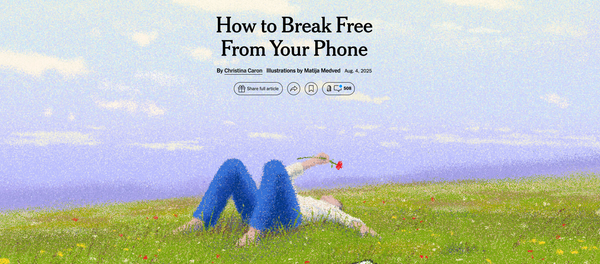Social Perspectives: A 'Turn' Toward Privileging Local Interaction

As I said earlier in the week, your advisor can't help but shape your academic formation in a doctoral program. Which is part of why I read so widely in New Literacy Studies (NLS) during my first year or two at Teachers College.
(I also initially thought I was going to try to extend the work I and others had done on Digital Literacies for Ministry for my dissertation project, so going deep in a firmly established field like NLS made even more sense; indeed, my advisor had often written creatively about connecting NLS ideas to online communication in learning settings.)
Anyway, I mention New Literacy Studies because it was my entry point into a larger and really important intellectual convergence called the SOCIAL TURN. Education scholar James Gee wrote a helpful paper in 1999 that outlines the various social turn disciplines and from which I'll draw a few times here.
In the social turn, people who studied a whole range of phenomena—reading, writing, speaking, linguistics, narrative, learning, and even science and technology—started caring more deeply about how these practices are shaped by the contexts where they happen and the interpersonal relations that nurture them. So there's a reaction here, in part, against a possible over-reliance on the cognitive perspectives I surveyed yesterday. Again, Gee (p. 3, 10):
Cognitivism saw "higher order thinking" and "intelligence" as primarily the manipulation of "information" ("facts") using general ("logical") rules and principles. Fact and "logic", not affect, society, and culture, were emphasized. For cognitivism, the digital computer stood as the great metaphor for what thought was: "information processing" (and computers process information based on its form/structure, not its meaning) ...
If they had not from the outset, sooner or later all the social turn movements came to argue that meaning and context are mutually constitutive of each other. A word or deed takes its meaning from a context which it, in turn, helps to create, given that it has that meaning
Smarter and more committed theologians than myself could probably add some relevant subfields from constructive theology, practical theology, and religious education to Gee's list of "social turn" disciplines. My memory of George Lindbeck's The Nature of Doctrine come to mind, or, for that matter, Fashion Me A People.
My biggest educational takeaway from these disciplines is that we should think and care A LOT about the particular contours of the congregations, classrooms, and communities where religious and spiritual learning take place, and the particular groups of people who comprise them.
If our ideas about faith formation are developed and sharpened by close attention to real-world practice and grassroots sharing about what has worked where, we get some protection against two dangers:
- focusing too much on individuals and ideas in isolation—a disciple is more than a single mind with knowledge and beliefs; and
- assuming one-size-fits-all solutions for vastly different kinds of communities—effective formation should make use of great resources but should also be home-grown** in ways that local leaders who know their people can articulate.
If you're game to share, I'd love to hear how the disciples in your community, and their particular styles of interaction, shape how you think about leadership and learning.
** I especially like this phrase as a substitute for DIY. It's probably in my head because the great Susanna Singer used it in a paper she shared with me recently.



